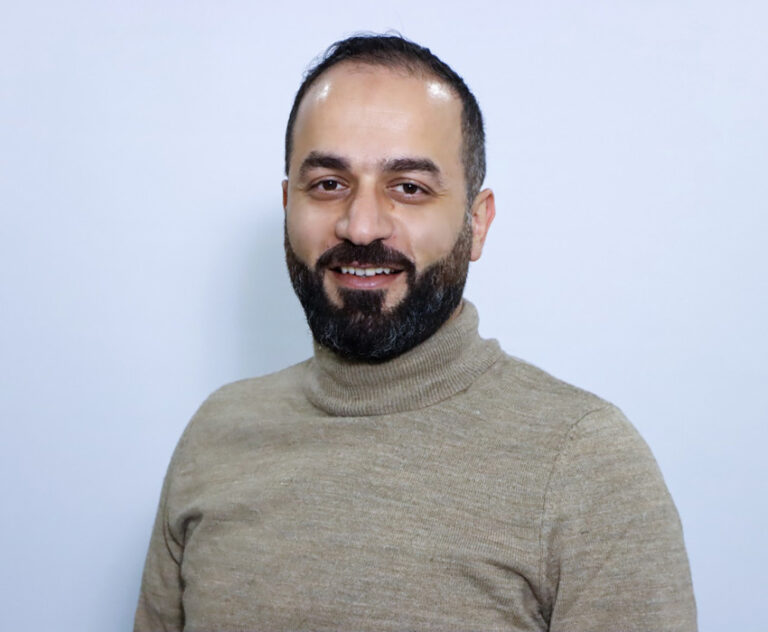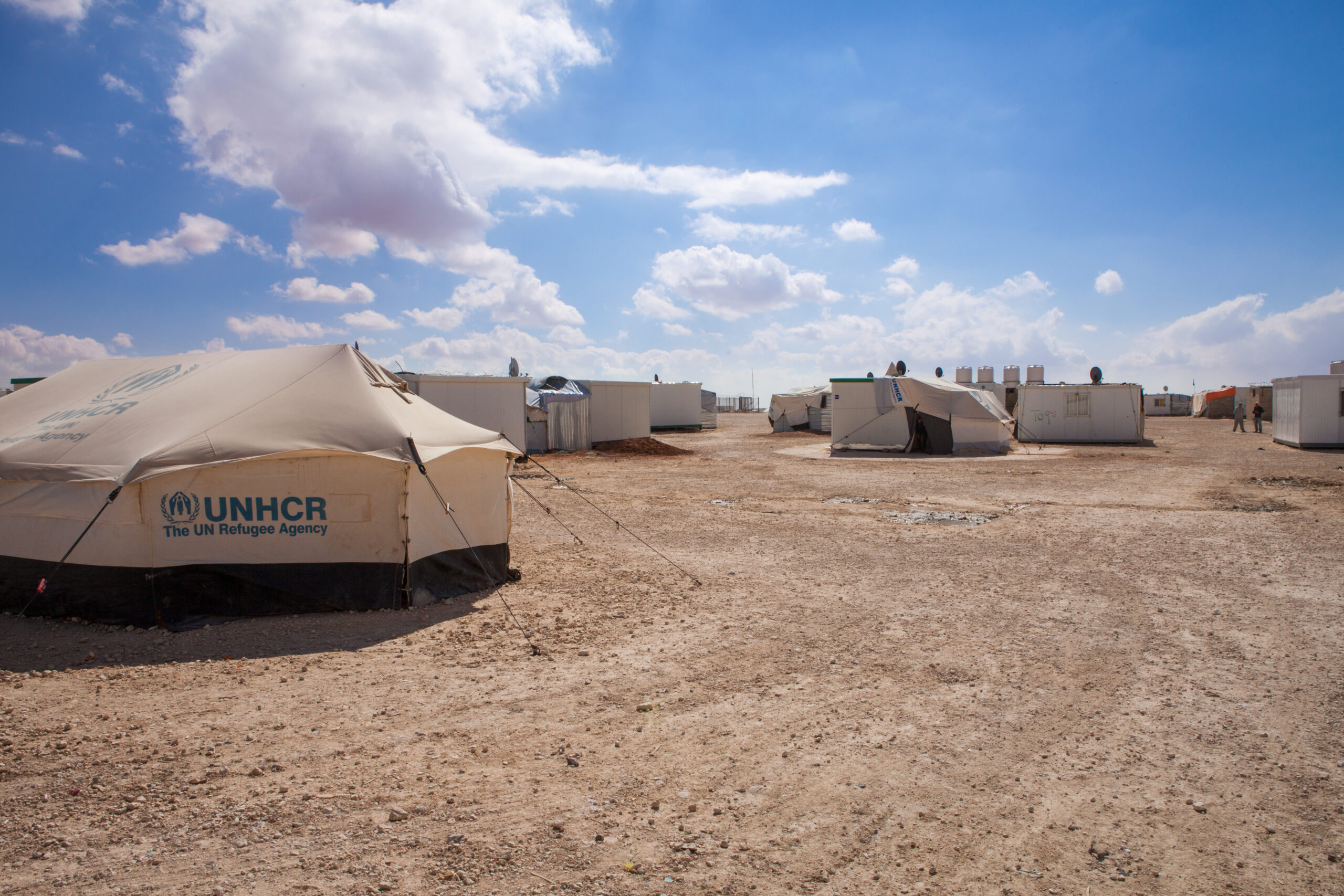
Localisation is a known topic around the humanitarian sector, however, for us local organisations it is difficult to reach the same standards as international organisations, as our access to certain resources and financial independence is very limited. The free HPass offer allowed us to reach certification and high-quality learning provision without depending on partners or project funding.
Why did Violet decide to get involved with HPass?
We decided to get involved with HPass because we wanted to be able to certify our training and show our commitment to the Humanitarian Learning Standards.
For us, the high-quality delivery of learning is necessary to enhance the community response and thus the humanitarian aid delivered from the community to the community. Violet Syria is eager to step up the training and change it to comply with the standards for the quality of the learning.
Localisation is a known topic around the humanitarian sector, however, for us local organisations it is difficult to reach the same standards as international organisations, as our access to certain resources and financial independence is very limited. The free HPass offer allowed us to reach certification and high-quality learning provision without depending on partners or project funding.
Violet has recently become an HPass Certified Learning Provider…what does it mean for your organisation?
The HPass Quality Review included the following two steps:
- An Internal Review which was conducted from an advisor from RedR UK and lasted four months.
- An External Quality Review which was conducted by HPass partner, Pearson, and took place over three months.
For us, HPass is a chance to enhance the quality of the learning we deliver by complying with the Humanitarian Learning Standards.
It is also an opportunity for the youth and young women we are working with: a certificate does not only have a positive effect on the training delivery, but also on the status of the training among the community. When the learning shows that it complies with standards, then the volunteers have a larger added value to their professional careers: the training is not only initiated by a local NGO, but HPass certified and aligning with international standards. It would also allow us to become a role model in volunteer response in emergencies and youth and young women capacity building.
Are you planning to develop and use digital badges to recognise skills and learning?
Yes, we are planning to start using digital badges for training pathways. Digital badging will allow us to:
- Identify volunteers with relevant skills and track the completion of professional development targets, especially for the youth and young women.
- Motivate volunteers and learners to pursue professional development by enabling them to gain evidence of their achievements.
What do you think is the biggest challenge to humanitarian learning at the moment?
It’s about how we can improve the quality of learning for people and involve them in humanitarian learning, allowing them to be more effective in helping communities who are vulnerable to or affected by crises.
Would you recommend HPass to other organisations?
Yes, to increase efficiency and learning, which will be effectively reflected in their assistance to their communities, and to greatly improve humanitarian response.


